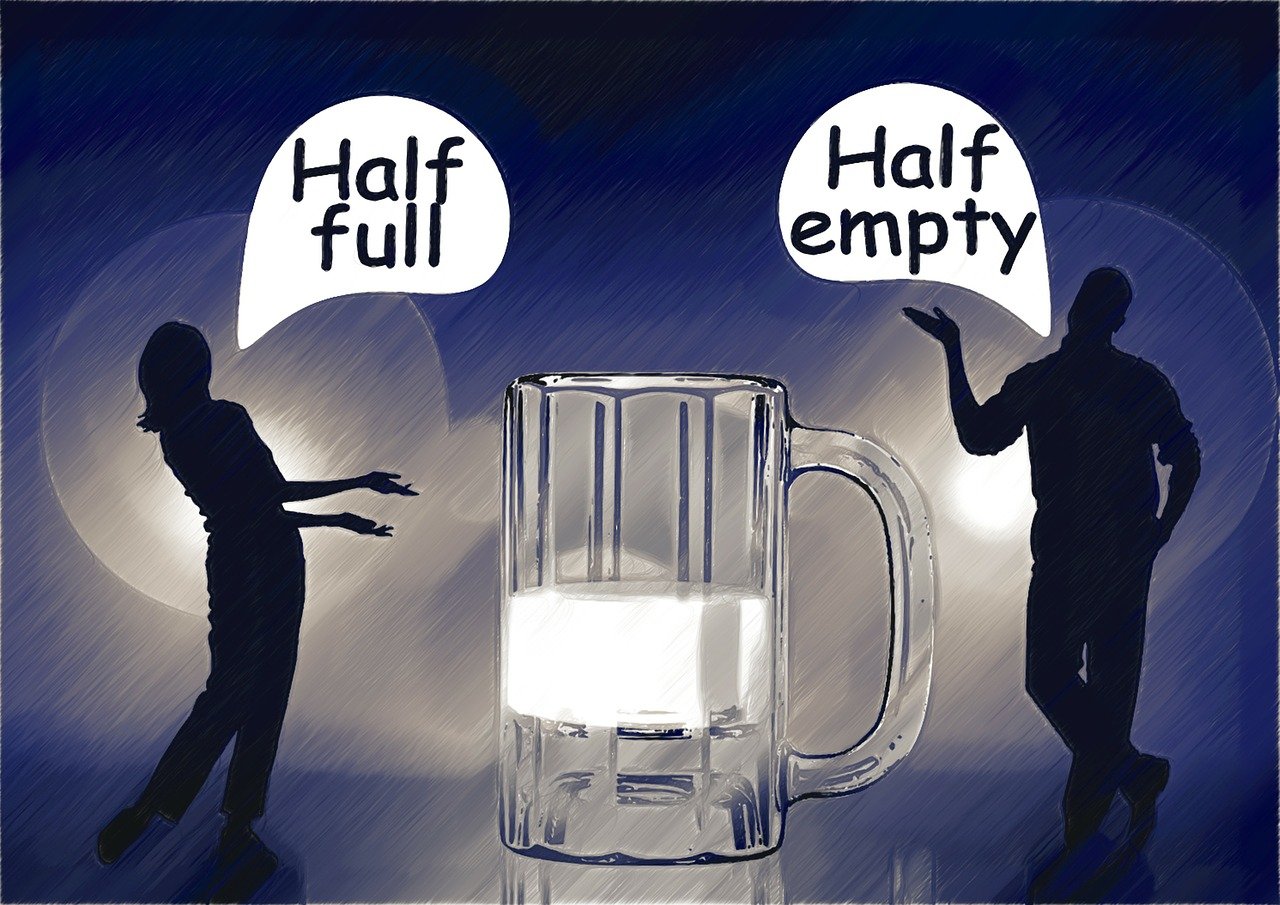Exploring the Wonders and Curiosities of the English Language: An Adventure in Linguistic Oddities
In a world where communication is as ubiquitous as the air we breathe, the English language has a unique ability to surprise and delight us with its quirks, slang, and historical oddities. This linguistic odyssey will take you through a journey filled with laughter, enlightenment, and a deeper appreciation for the rich tapestry that makes up our everyday words. So, let's embark on a fascinating exploration of the curious side of the English language, shall we?
Imagine walking into a café and ordering a 'flat white' - it sounds like a beverage from Australia, yet it originated in Italy. This linguistic anomaly highlights how language can adapt and borrow from other cultures, creating new terms that blend seamlessly into our lexicon. In the same vein, the British affection for tea led to the creation of 'cuppa,' a short and sweet way to express the desire for a hot cup of tea.
Now, let's dive into the wonderful world of idioms. How about the phrase 'break a leg'? You'd never wish literal harm to someone by saying this, but rather encourage them, as it originated from theater folklore as a way to avoid saying 'good luck' directly. Or, the mysterious 'it's raining cats and dogs', which actually means heavy rain, not literal feline precipitation! These expressions are not only entertaining but also a testament to the colorful history of the English language.
But let's not forget about grammar. Take the verb 'lie' versus 'lay'. Confused? So were many people at some point. 'Lay' (as in placing something down) is the base form, while 'lain' and 'lying' are the past and present participle forms, respectively. It's a common trap even for native speakers, showing the complexity that lies beneath the surface.
Then there's the enigmatic punctuation, especially the humble comma. Did you know that the Oxford comma (the one before the last item in a list) can change the meaning of a sentence? In a sentence like, "I brought apples, oranges, and bananas," it's clear you're listing three separate items. But remove that comma, and it could imply you're giving one fruit, 'apples, oranges and bananas.' It's a small punctuation mark with a big impact!
And finally, let's tackle homophones, those pesky twins that sound alike but have entirely different meanings.区分 'your' versus 'you're' can be a real brain teaser for non-native speakers, but understanding the difference can save you from some embarrassing miscommunications.
In conclusion, the English language is more than just a collection of words; it's a living, breathing organism that evolves over time. Its quirks and curiosities remind us that every language has its secrets to uncover, making us appreciate the nuances and surprises that come with each interaction. So the next time you're pondering the peculiarities of the English tongue, remember, it's these very idiosyncrasies that make our conversations vibrant and engaging. Happy exploring!





